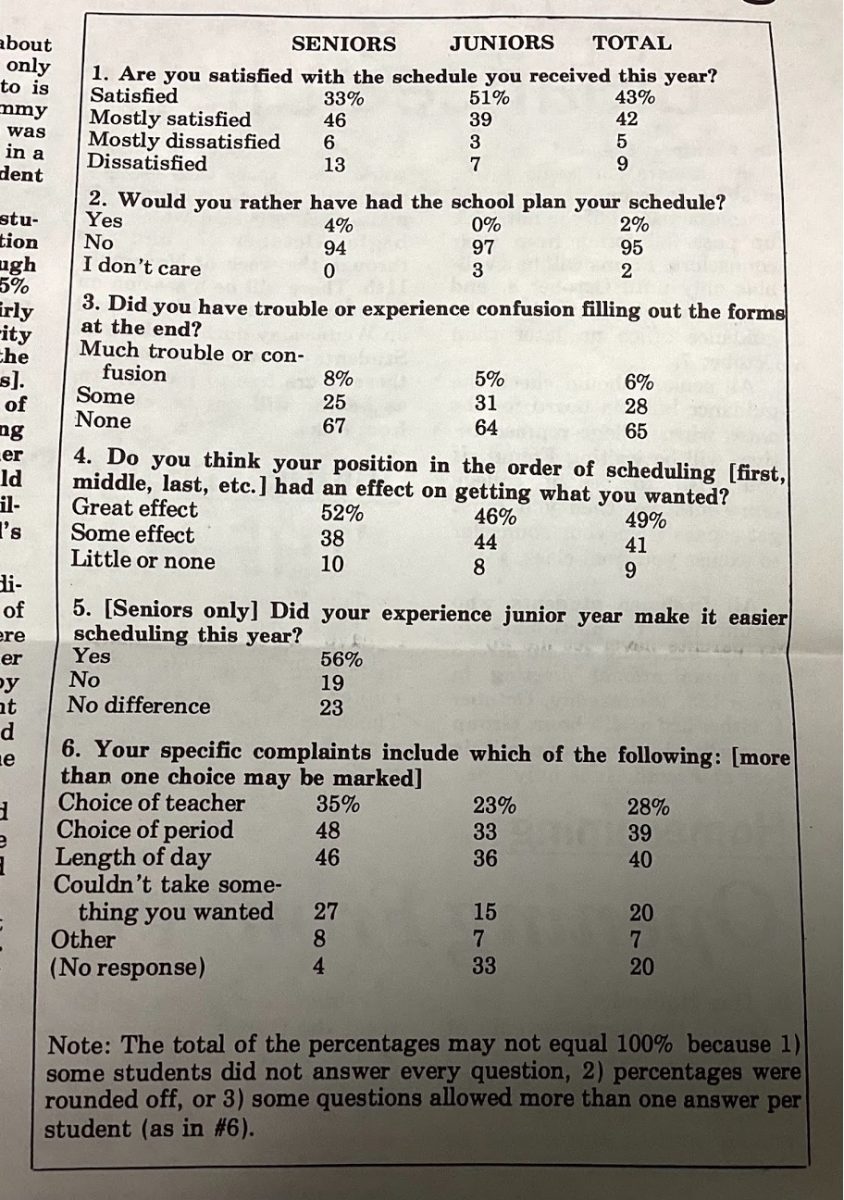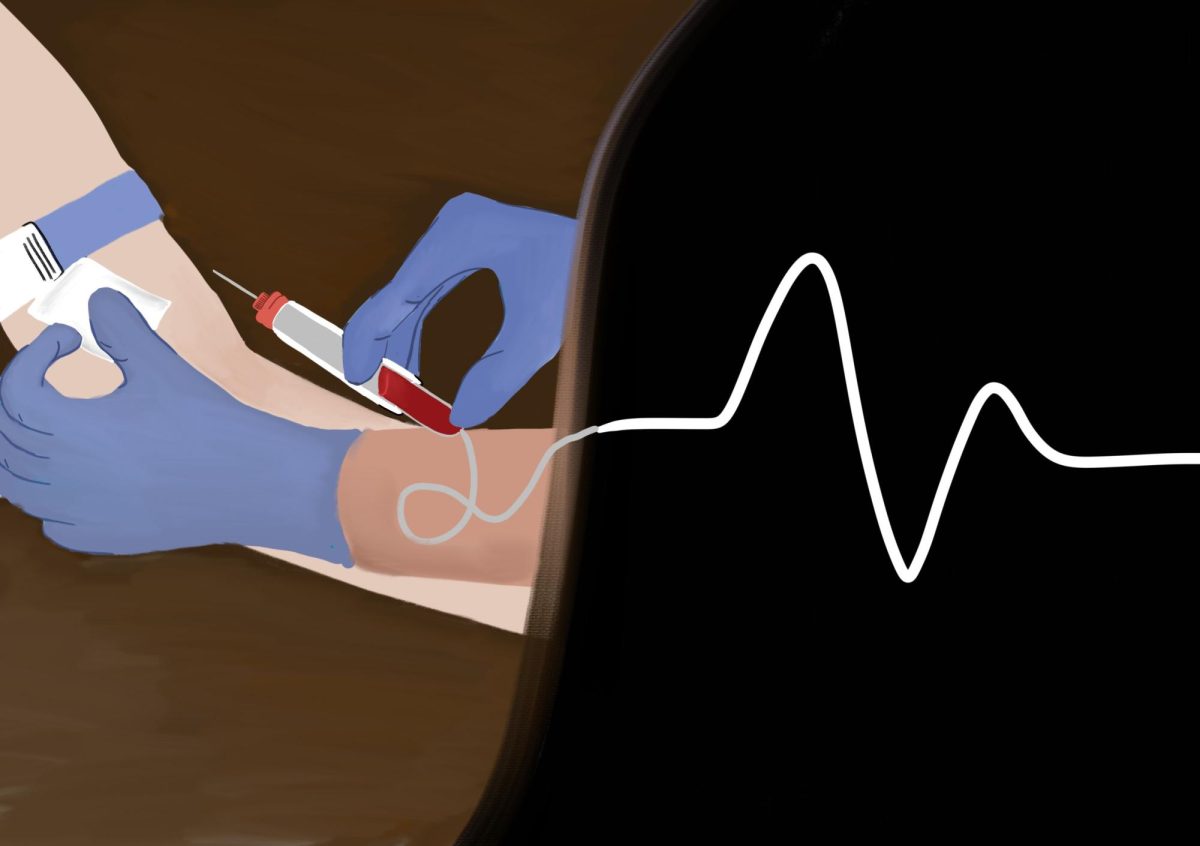The recent resurgence of mpox (formerly known as monkeypox) has raised global concerns following an outbreak in the Democratic Republic of Congo (DRC). In August 2024, the World Health Organization (WHO) declared the outbreak a Public Health Emergency of International Concern due to clade 1b – a new and infectious strain of the virus.
Clade 1b is descended from the clade 1a variant, which the DRC has been struggling for decades to control. Clade 1a mainly came from human contact with wild animals and some minor outbreaks. On the other hand, clade 1b seems to be highly transmissible through sexual contact, but it has not yet been confirmed to be more severe compared to previous strains.
The global response has emphasized the need for equitable vaccine distribution. During the 2022 global outbreak of the clade 2 strain, wealthier countries were able to contain the spread more effectively due to better vaccine accessibility. However, Africa, the hardest-hit region, has struggled with vaccine shortages.
A major vaccination campaign will begin in early October, following the arrival of 200,000 doses donated by the European Union. These vaccines will massively help contain the spread of the disease, but logistical issues—such as poor infrastructure and the need for specialized cold storage—are complicating distribution efforts.
This strain has spread rapidly across several African nations, including Burundi, Kenya, Rwanda, and Uganda, and has also been detected in non-African countries like Sweden and Thailand. These cases in non-African countries have been caused by individuals who traveled to Africa and unintentionally carried the virus back.
The ongoing outbreak has primarily affected regions with limited healthcare resources, contributing to higher mortality rates. WHO has reported over 18,000 cases, and more than 600 deaths have been reported in the DRC alone, marking this as one of the most severe outbreaks in recent years.
Mpox causes symptoms like fever, muscle aches, swollen lymph nodes, and painful skin lesions. While outbreaks of clade 2 strains were common in the 2022–2023 pandemic, the current outbreak’s clade 1b strain is proving to be more deadly and difficult to control.
Children have been disproportionately affected, representing 62% of cases in the DRC. This shift has prompted a call by WHO and the United Nations International Children’s Emergency Fund for broader vaccination efforts and a more aggressive response. New vaccines targeting younger populations are being developed and fast-tracked for approval, and Japan has pledged to supply vaccines formulated explicitly for younger populations.
With cases slowing down according to WHO, the end of this pandemic may be slowly winding down, but without an adequate number of vaccines, no one can be sure. What we do know is that increased global coordination can limit further transmission and fatalities.




